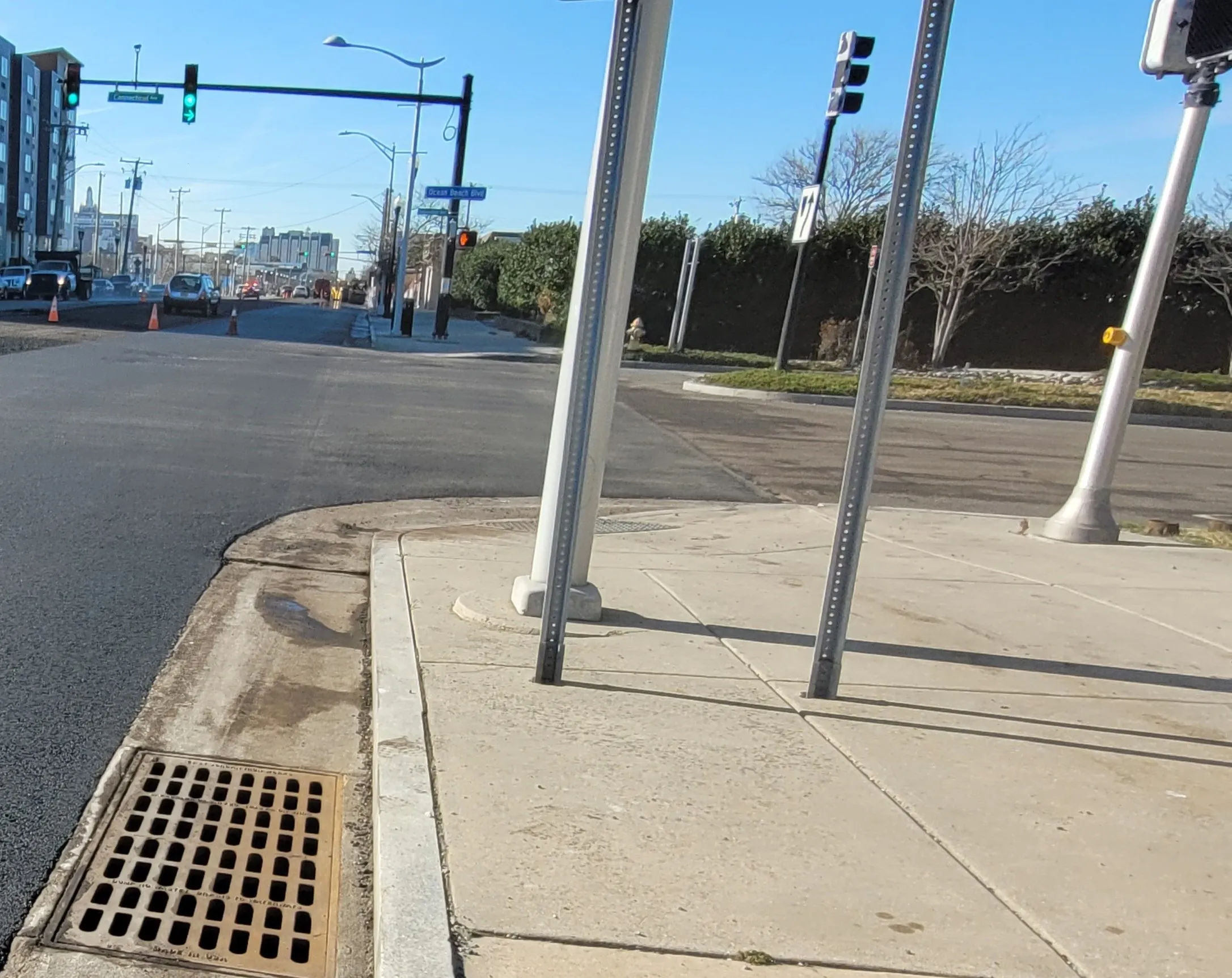EastLink (EL) has conducted a hands-free driving demonstration through its freeway tunnels using Honda Civic VTi-LX’s lane keep assist function. The trial, closed to traffic, aimed to help Victorian motorists understand the technology and other driver assistance functions after the Annual Victorian Self-Driving Survey revealed more than half of the 15,000 of the respondents had very little or no awareness of self-driving cars.
December 4, 2017
Read time: 2 mins
EastLink (EL) has conducted a hands-free driving demonstration through its freeway tunnels using 1683 Honda Civic 5230 VTi-LX’s lane keep assist function. The trial, closed to traffic, aimed to help Victorian motorists understand the technology and other driver assistance functions after the Annual Victorian Self-Driving Survey revealed more than half of the 15,000 respondents had very little or no awareness of self-driving cars.
EL chose the Honda following recent trials in which it tested automated vehicle technologies alongside partners4728 VicRoads, the Australian Road Research Board, La Trobe University and RACV.
The Honda Civic VTi-LX is available for less than $40,000 (£29,000) and includes the Honda Sensing package. It has a range of driver assistance functions such as lane keep assist, adaptive cruise control with low-speed follow, collision mitigation braking, forward collision warning, lane departure warning and road departure mitigation.
The demonstration will be broadcast in a television news report by 7 News Melbourne at 6pm on Monday 4 December.
Doug Spencer-Roy, EL, corporate affairs and marketing manager, said: “The Honda Civic steered itself using lane keep assist mode along EastLink and through the EastLink tunnels at speeds up to 80km/h, while the driver was not holding the steering wheel.
EL chose the Honda following recent trials in which it tested automated vehicle technologies alongside partners
The Honda Civic VTi-LX is available for less than $40,000 (£29,000) and includes the Honda Sensing package. It has a range of driver assistance functions such as lane keep assist, adaptive cruise control with low-speed follow, collision mitigation braking, forward collision warning, lane departure warning and road departure mitigation.
The demonstration will be broadcast in a television news report by 7 News Melbourne at 6pm on Monday 4 December.
Doug Spencer-Roy, EL, corporate affairs and marketing manager, said: “The Honda Civic steered itself using lane keep assist mode along EastLink and through the EastLink tunnels at speeds up to 80km/h, while the driver was not holding the steering wheel.
The Honda Civic lane keep assist function was not affected by changing light conditions during the demonstration, such as the transitions into and out of each tunnel portal.”
“The demonstration showed that driver assistance functions in cars are rapidly increasing in quality and availability, which is paving the way for motorists to experience hands-free driving on freeways in the coming years (subject to legislative changes),” Roy added.








